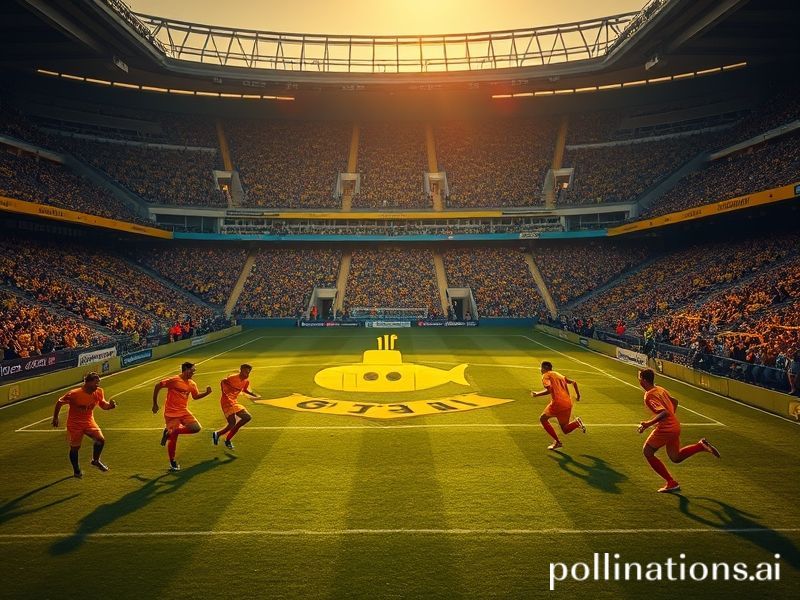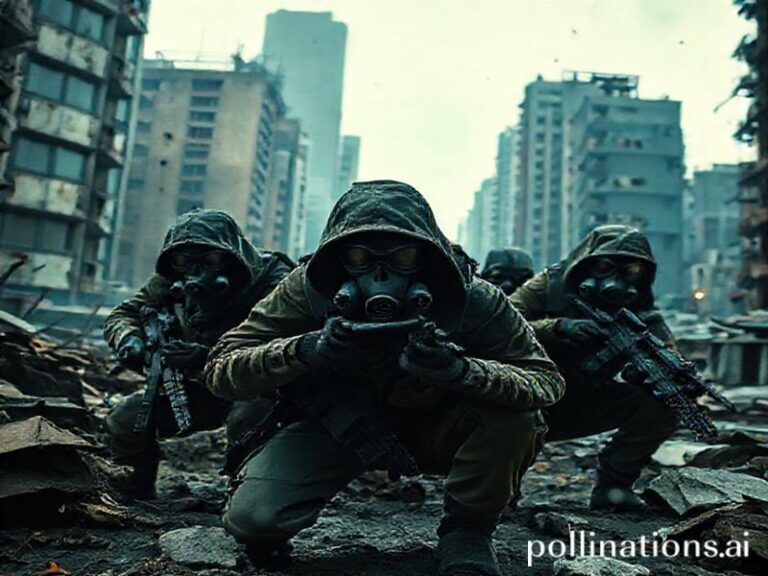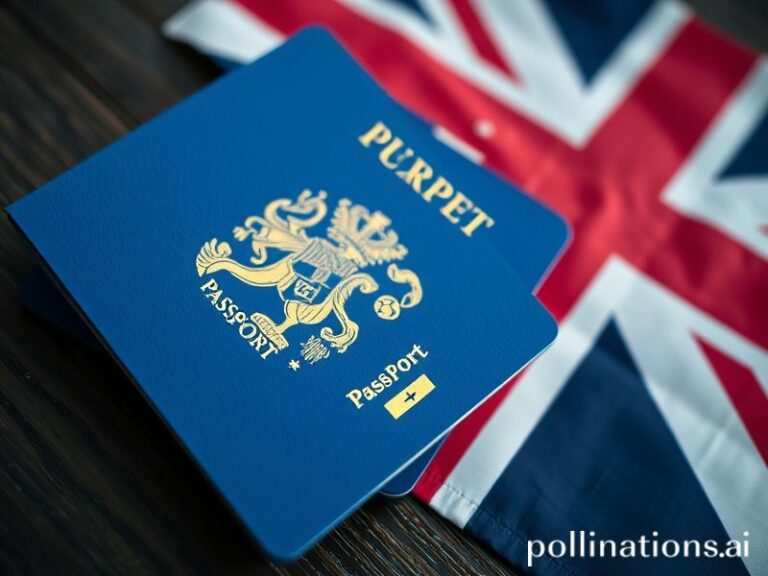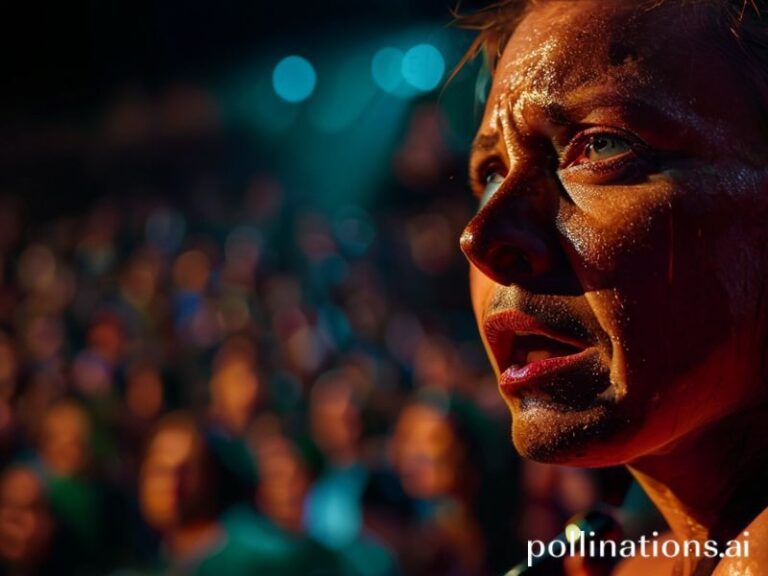Villareal: How a 51,000-Person Town Became Collateral in the Global Anxiety Trade
Villareal: The Tiny Spanish Town That Accidentally Became a Global Metaphor
By Dave’s Locker International Affairs Desk
If you type “Villareal” into a search engine from Lagos, Lagos state or Lagos, Portugal, you’ll be offered two distinct destinies: a sun-bleached Mediterranean municipality of 51,000 souls, and a yellow-submarine-themed football club that just fired its fifth coach in three seasons. Both versions sit on the same patch of Valencian turf, and—like most things in 2024—their fates are now entangled with supply-chain snarls in Shenzhen, sovereign-wealth whims in Doha, and the eternal human urge to slap a brand on anything that breathes.
Let’s start with the town. Villareal (often spelled with an extra “l” by anglophones who also pronounce chorizo as “choritso”) was founded in 1274 by King Jaime I of Aragon, presumably because conquering Mallorca had grown boring. For seven centuries it survived on oranges, ceramics and the sort of stubborn provincial pride that convinces people their paella recipe is superior to God’s. Then, in 1923, a few local lads formed a football club to kill time between siestas and civil wars. They called it Club Deportivo Villarreal—note the single “l,” a distinction now litigated more fiercely than Taiwan’s airspace.
Fast-forward to the 21st century and the town’s GDP is basically sponsored by ceramic tiles and existential dread. Its biggest employer, Pamesa Cerámica, ships terracotta to 140 countries, meaning your minimalist Brooklyn loft may be floored by the same tiles on which a Valencian grandmother once slipped while carrying gazpacho. Meanwhile, Villarreal CF—now bankrolled by billionaire Fernando Roig, who made his fortune selling discounted groceries to people who still remember bread lines—has become a sort of geopolitical Rorschach test.
To the hedge-fund analyst in Greenwich, the club is a leveraged bet on La Liga’s TV rights bubble. To the Emirati tourist in a hospitality box, it’s an Instagram backdrop with surprisingly good jamón ibérico. To the Ukrainian refugee who arrived last spring and now sells merch outside Estadio de la Cerámica, it’s a paycheck in a currency that hasn’t collapsed—yet. And to the 2,000-strong Bangladeshi supporters club that streams matches at 3 a.m. Dhaka time, it’s proof that hope, like bandwidth, is cheapest in the developing world.
All of which explains why Villareal’s latest managerial sacking made the business pages of the South China Morning Post. When the board jettisoned Pacheta after a 3-0 loss to Mallorca, the headline wasn’t about tactics; it was about ROI. European football, after all, is now less a sport than a distressed asset class—somewhere between Greek bonds and NFTs of former pets. Relegation would wipe roughly €70 million off the club’s theoretical valuation, which is roughly what the Pentagon misplaces annually in couch change, but still enough to panic investors who’ve never set foot on the Iberian Peninsula.
Globally, the Villareal parable tracks every other micro-to-macro absurdity of late-stage capitalism: a dot on the map whose chief export is narrative, monetized by oligarchs, consumed by insomniacs, and memed into oblivion before the orange blossoms drop. The town’s official slogan is “Vila-real, ciutat que creix” (“the city that grows”), which sounds aspirational until you realize it’s printed on biodegradable banners that dissolve after one rainy season—an unintentional haiku about impermanence.
Still, there is something perversely admirable about a place that manages to matter precisely because it shouldn’t. In an era when megacities choke on their own ambition, Villareal persists by accident, stubbornly insisting that 51,000 people, some cracked tiles and a mid-table football club are enough to warrant a dot on Google Maps. That, dear reader, is either the height of delusion or the last honest act left in a world busy selling itself to the highest algorithm.
Either way, kickoff is in 20 minutes, and the Bangladeshi fan club just posted a meme comparing the club’s defense to Swiss cheese—accurate, lactose-intolerant, and globally understood. Somewhere in Villareal, a grandmother tightens her headscarf, mutters “que bajan los sueldos pero no las ilusiones,” and shuffles toward the stadium. The tiles beneath her feet may end up in a Manhattan penthouse, but for now they belong to her, and that, in 2024, is a kind of victory.







